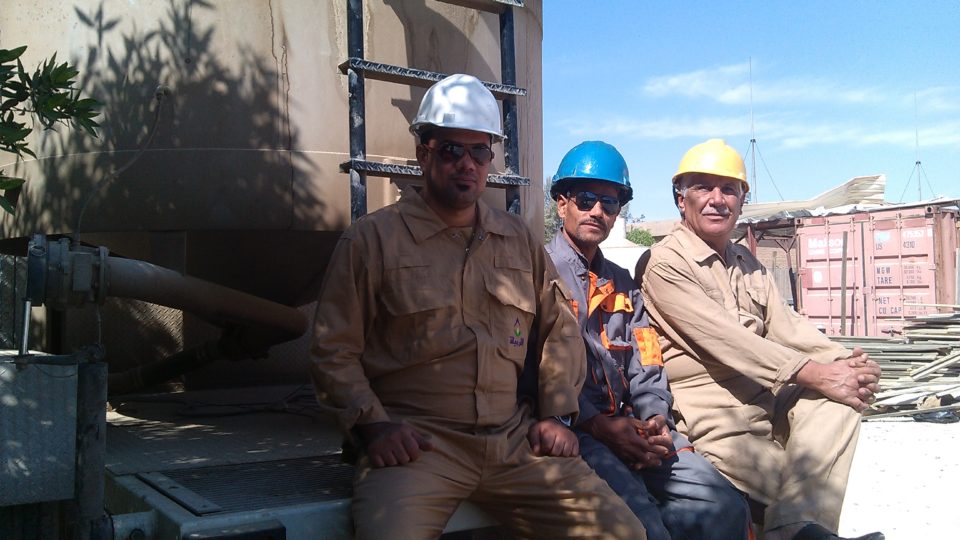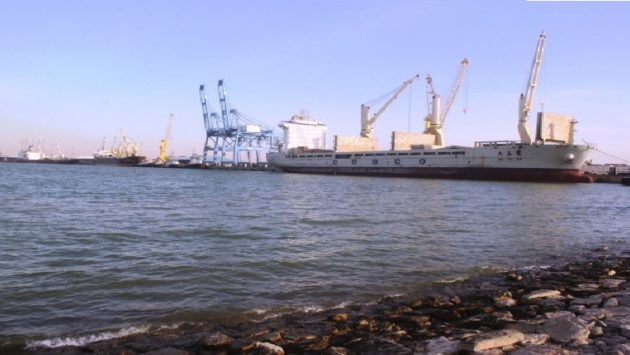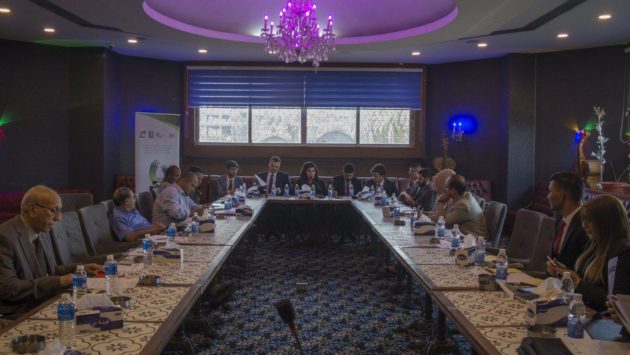Can Iraq’s Oil Workers Win Freedom of Association from the New Iraqi Government?
Talib Hashim Jabur
Executive Office of the Federation of Oil Unions
Basra – Southern of Iraq
Paper prepared for ICSSI conference – Oslo – Norway
October/November 2014
Iraqi trade unions face difficult challenges today due to the fact that they are not now recognized by the Iraqi government, and laws which ensure the rights of workers and trade union actions are not in place.
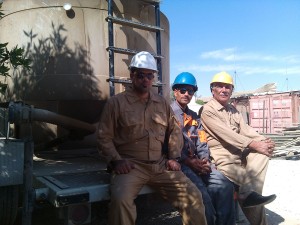
Trade union movements within the Iraqi public sector are weak nowadays. They are legally forbidden. Union activists are thus exposed to legal accountability because there are no laws that protect them. Through extraordinary efforts, activists who have a clear understanding of the work that needs to be done, are trying, through various means, to claim the rights of workers in the public sector. For example, activists are working to establish good relations with officials in the oil sector as a way to ensure that these rights are protected: departments and workers in the oil sector are in desperate need today of trade unions to defend worker’s rights, especially with the entry of multi-national and foreign companies. The oil sector is the most important sector in all of Iraq, and thus, we are working now to find a way to collaborate with the new Government to revive the work of the unions in oil sector.
The oil minister of the new Iraqi government recently visited the city of Basra in southern Iraq. The results of the visit were quite positive. Our union coordinated with the minister’s political party and organized a meeting between the minister and different trade unions, as well as with workers in the South Refineries Company. As a result of this collaboration, the oil minister instructed the general director of the South Refineries Company to withdraw the lawsuit filed against the South Refineries workers, who were being punished because of their activities and affiliation with the Federation of Oil Unions. Such punishments are common, and we work continually to have related lawsuits withdrawn.
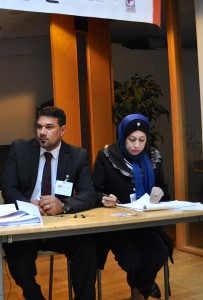
This is a significant action by the minister which opens up new prospects of cooperation between workers and their representatives. We will hold another meeting with the minister to raise other, outstanding problems related to the entitlements of workers.
However the good relations with the new minister does not mean that there is now a space for the trade unions in the oil sector, some managers in the ministry used to give trade unions a bad reputation. These same managers do not want anyone there to monitor workers’ rights and make demands. The activities of such managers might go on to contribute to a larger system of corruption in the administration of Iraq today. are part of a large and corrupt system in the Iraqi state.
Iraqi trade unions have worked for almost two years in coordination with the Solidarity Center on drafting 2 new laws: the new labor law and the freedom of association law. Both were submitted it to the Iraqi parliament in the previous session, during which parts of each were read. Due to political tensions, however, parliament stopped working on them and these laws are still pending. Without this law all union affairs will remain ineffective.
The following list outlines our top priorities:
- to continue campaigning in attempt to pass the labor law and the trade union freedom of association law, because the legal actions cannot proceed without these laws in place. We have worked long and hard to push the Iraqi Parliament to enact these important laws and we hope for more concerted international support to ensure the re-reading of these laws by the new Parliament as quickly as possible.
- to maintain and protect Iraq’s oil resources through the issuance of oil and gas laws. Such laws would protect the wealth Iraq derives from its oil, and would guarantee that all Iraqis benefit from this wealth. Such a law should permit foreign companies to work only with service contracts and not sharing contracts.
iii. to sustain the effort to resist the privatization of important sectors in Iraq, such as the oil, electricity and industry sectors. The workers in these sectors make up 80% of Iraqi workers. With privatization, we expect that many workers will be laid off.
iv. to embrace a plurality of trade unions in Iraq, and reject the adoption of one official union by the Iraqi state and send in to all international forums.
- to unify and coordinate trade union actions in Iraq, especially since 2003, when there emerged more than four unions working in Iraqi.
vi. to resist politicizing trade unions in Iraq, to avoid making them affiliated with political parties or political entities.
Solidarity required:
1) Support for trade union movements which advocate important labor and union laws in Iraq.
2) Launch campaigns, issue slogans, and provide necessary seminars to raise awareness about the difficult conditions that Iraqi trade unions face and to support their fundamental rights.

